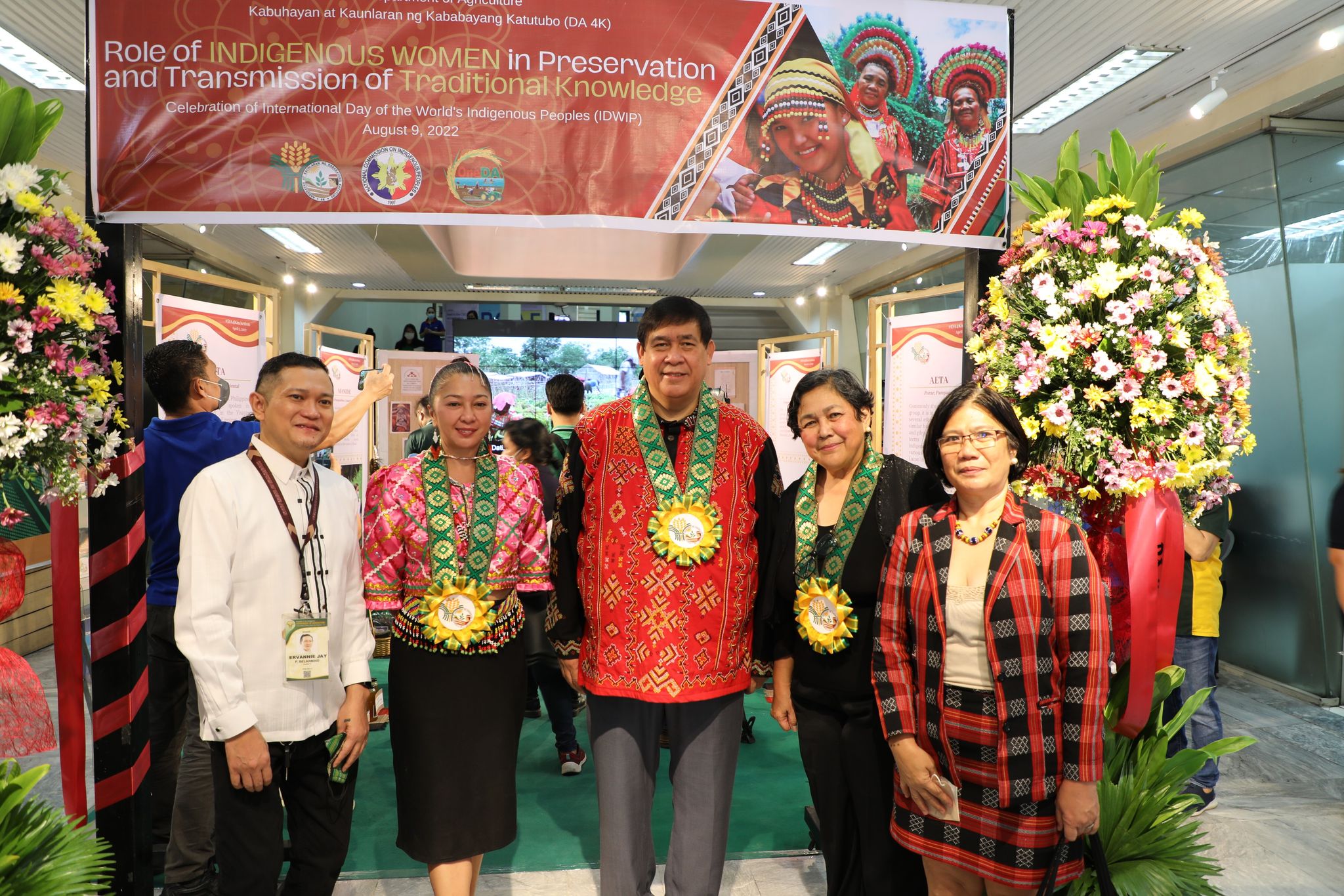
Recognizing the potential of developing ancestral lands into sustainable food production areas, the Department of Agriculture (DA) has designed a number of programs and projects for the Indigenous People (IP) communities.
The DA through its Kabuhayan at Kaunlaran ng Kababayang Katutubo Program (DA-4K) programmed culturally-sensitive projects to cater to the needs of the Indigenous People’s (IPs) including development of agroforestry in IP communities through nursery establishment and promoting organic agriculture.
DA-4K is also an active participant to the proposed Mindanao Inclusive Development Agriculture Program (MIADP), an emulation of the Philippine Rural Development Program.
MIADP, which is on its final stage of negotiation and is expected to be on the ground on June 2023, is considered to be the first government project to implement business incubators concept for farmers and fisherfolk in indigenous cultural communities. It will include enterprise development as component for all agri-projects.
“We at DA consider IP as fundamental stakeholders and partners in the government. In fact, we believe that securing IPs access to lands and natural resources is fundamental to generate stability and to boost long term inclusive and sustainable development in our local communities,” said DA Undersecretary for Policy, Planning, and Regulations Mercedita A. Sombilla during the opening program of the International Day of the World’s Indigenous People at the DA lobby on August 9, 2022.
Moreover, DA Undersecretary for Special Concerns and BARMM Zamzamin L. Ampatuan said that DA-4K was developed to make sure IP areas can contribute to agricultural production, while respecting their culture.
For his part, NCIP Chairman Allen A. Capuyan said that they’re committed to the direction of the President and of DA and are committed to collaborate, enhance, and take actions that will lay down the foundation in enhancing and achieving food security in our country.
DA-4K was created to promote food security and enhance livelihood opportunities to uplift the welfare and living condition of tribal communities, in tandem with National Commission on Indigenous People and other partner agencies.
From 2020 to June 2022, the program has provided interventions to 250 ancestral domains. Through 145 sub-projects, 52 was completed and 93 are still ongoing benefiting 143 IP organizations.
It has also provided assistance and conducted trainings for individual IP women as part of GAD activities. It was able to assist 2994 IP women and 210 IP women group through the provision of production support and capacity building activities. ### (Bethzaida B. Sarian, DA-AFID)














